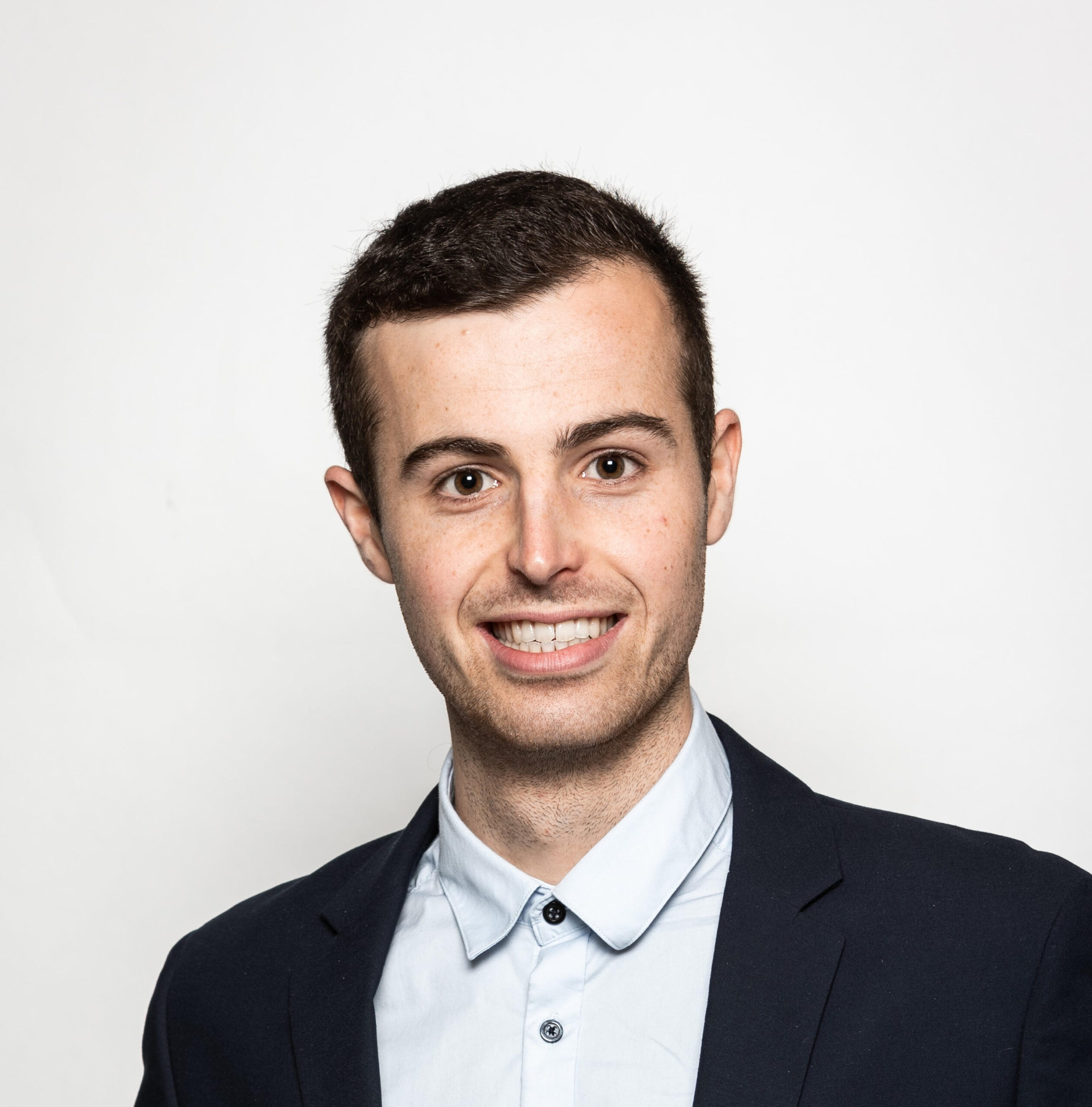Nathan Geneletti, Former Board Member
Briefly introduce you : what position did you hold on the magazine’s board ; what motivated you to join it at that time ; what is your position today?
AI was the treasurer of the TSEconomist during the 2021-2022 academic year, in my Master 2. The year before, while working on a project for an environmental magazine during my gap year, I reached out to the TSEconomist board. They were quite helpful and gave me great advice. I had also already contributed to the magazine as an author, by writing an article about the link between economic growth and fossil fuels. I wanted to get more involved by moving from author to board member, where I could help decide on topics for the magazine and organize events.
At that time, I was excited to join the TSEconomist to meet other curious people who, like me, wanted to discuss and write about topics beyond the usual math-heavy content of our studies. Today, I work part-time as an environmental data analyst at VINCI Construction. I also run environmental workshops (Fresque du Climat, Atelier 2tonnes) for companies, and I facilitate public speaking workshops for middle and high school students through Eloquentia, to help them build confidence in speaking.

Can you share with us a good memory from your time on the magazine’s board?
One of my best memories was organizing a visit of the Jeunes Ambassadeurs pour le Climat (JAC), a group of young climate advocates, some of whom had been to the COP26 and seen the negotiations up close. They came from Paris to lead a workshop on climate negotiations, sharing their experiences from being right there, along with a general presentation on environmental challenges. It was a great exchange, full of energy and inspiration. Another memorable experience was presenting the Teacher Awards at the TSE gala. It was definitely intimidating at first to speak in front of hundreds of people, including professors and the dean, but it turned out to be really fun. It helped me realize how much I enjoy public speaking, and it sparked my interest in developing this skill further.
What were your main goals while being on the board, and did you achieve them?
When I joined the board, my main goals were pretty simple: meet new people, have interesting conversations, organize some cool events, and avoid falling into the routine of just studying math all day long. Looking back, I feel like I have achieved those goals. I got to brainstorm content ideas, organize events, and have interesting discussions over countless cups of coffee with my fellow board members. I even got the chance to interview the economist Roland Bénabou, to represent a company at the Business Networking Day, and to present the Teacher Awards at the gala. Being part of the TSEconomist definitely made my M2 year even better, and I really enjoyed working with such a great team. Oh, and of course, as treasurer, I had to make sure we paid the printer on time to get our magazines published. Not the most glamorous duty, but someone had to get it done!
What skills did you develop while working for the magazine that are useful to you today?
Working for the TSEconomist helped me develop a bunch of skills that I still use today. First, there was a lot of communication and planning involved to coordinate with other members and make sure everything ran smoothly. These skills really come in handy now, as teamwork is such an important part of what I do. Writing articles for the magazine was also a great exercise in structuring complex arguments and explaining them clearly. This has been super useful in my work as a climate workshop facilitator, where I need to convey ideas in a way that's engaging and easy to understand. And finally, presenting at the TSE gala helped me discover my love for public speaking. It’s something I continue to do today, whether it's by leading workshops on environmental issues or by helping young people build their confidence through public speaking activities. All of these experiences, from teamwork, to communication and speaking in public, have played a big role in shaping my personal and professional growth.
More Articles

Norwegian Mobility: Between Sustainability and long-distance challenges
By: Rappenne Maëlys
Norway and Scandinavia are often viewed as models concerning the environment and sustainability actions. Oslo, Norway’s capital, was awarded the European Green Capital Award 2019. Since 2010, this title has been given by the European Commission to cities based on recent progress, current status, and future plans...
The Rise of Chinese Electric Vehicles in Europe : An Eco-nomic Analysis of Challenges and the EU’s Response
By: Blanchard Mathis
The rapid ascent of Chinese electric vehicle (EV) manufacturers is intensifying trade tensions with both the United States and the European Union. In June 2024, the European Commission imposed provisional countervailing duties ranging from 17.4% to 38.1% on EVs imported from China...
Airbus Vs Boeing: A historical duopoly
By: Tazi Narjis
The early 1970s saw the creation of Airbus, a symbol of Franco-German cooperation at first, then European collaboration with the arrival of Spain and the United Kingdom. The creation of Airbus was a response to the dominance of American aircraft manufacturers in the post-World War II aviation market. Despite a difficult start the 1980s saw the beginning of a breakthrough for Airbus, with the introduction of the A310 and then the A320. In the 1990s...
A new (temporary) wall in the heart of the Schengen Area
By: Mondelli Martin
On September the 16th 2024 Europe woke up with an unusual piece of news: international borders were reintroduced in Germany. Even though some citizens were not expecting this to happen anytime soon, for Swiss, Austrians, Czechs and Poles this situation was not new. In fact, border controls that were introduced on October the 16th 2023 are still in place...


